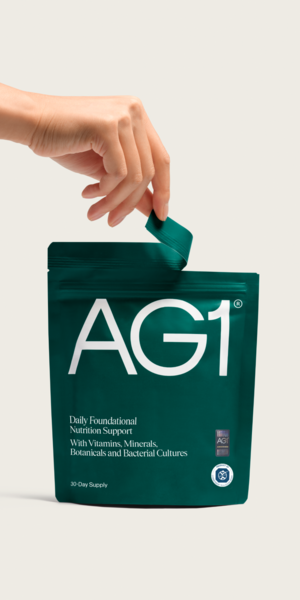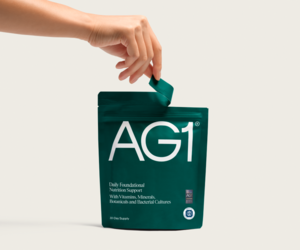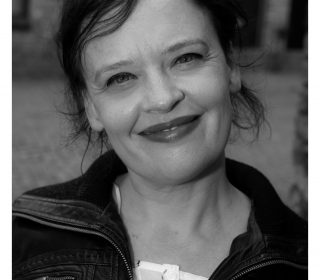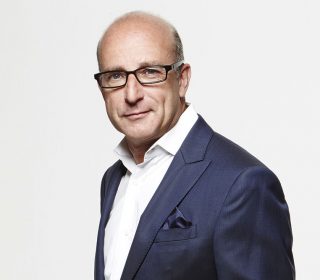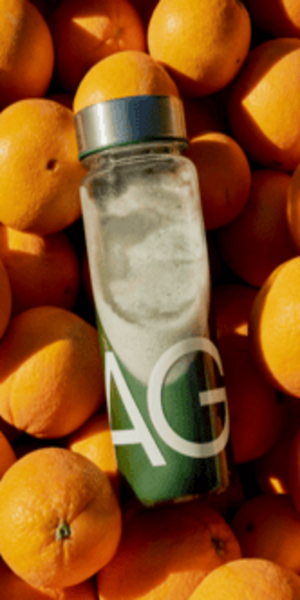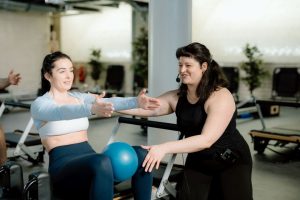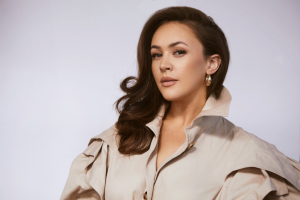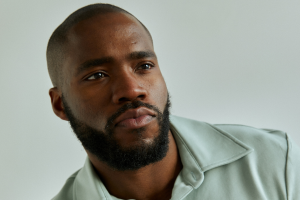Evangeline Lilly: “When Lost finished, I swore I’d never act again”
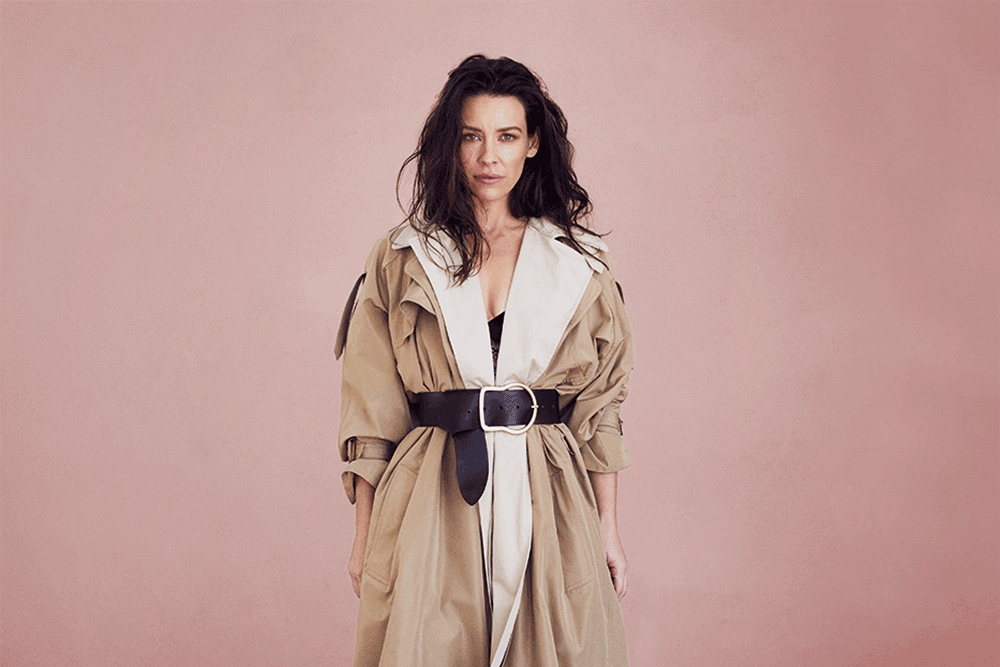
Articulate and outspoken, Evangeline Lilly, 38, is momentarily – and uncharacteristically – lost for words. The actress, soon to be seen in Marvel superhero sequel Ant-Man and The Wasp (as the eponymous black-and-yellow irritant), is temporarily tongue-tied by that most difficult of questions: what is the point of a wasp?
“The truth is, I have no idea,” she laughs, after a pause. “And now that I think about it, what do they do? Maybe its purpose is just to be elegant and badass!”
If that is the case, and it’s as good a description as any, then it’s tempting to say she’s been extremely well cast. Elegant? Tick. Since her breakthrough role as Kate Austen in equal parts brilliant and bamboozling drama Lost in 2004, she has been regularly included in ‘Most Beautiful’ lists. Her subsequent turn as ethereal elf Tauriel in The Hobbit trilogy did little (despite the ears) to deter her admirers. And badass? Well, she certainly doesn’t follow the conventional notions of what an A-list Hollywood actress should say or do.
“I still look around this industry and see so much conformity, and I see myself conforming,” she says with a mixture of laughter and resignation. “It pisses me off when I realise I gave up fighting. They wear you down and you say, OK, I’ll be who you want me to be.”
Model actress
Born Nicole Evangeline Lilly in Fort Saskatchewan, Alberta, the middle of three sisters in a Christian, working-class Canadian family, she was raised in Abbotsford, British Columbia, by a grocery store manager dad and childminder mum. At college, she was spotted by Ford modelling agency on the street, but she turned them down, keeping the number. A while later, she thought again and ended up landing small parts in TV shows, the kind which come with credits like “Girl in cinema”, “Benton’s girlfriend” or, even better, “Party guest – uncredited”.
Then in 2004, with next to no relevant experience (and no acting training), her foot fitted a glass slipper, landing the role of Oceanic Airlines Flight 815 survivor Kate Austen. She arrived in Hawaii where she still lives today with her partner, Norman Kali. She met him on the show when he was working as a production assistant, and their two sons, to shoot the pilot. Initially, she loved it.
“I told my parents, ‘Oh my God, I can’t believe they paid me to do that. I would do that for free!’ It was so much fun.”
After becoming an overnight hit, with US audiences of 12 million and millions more worldwide, suddenly, it wasn’t fun anymore.
“Living in paradise and becoming a famous TV star seems like a dream come true,” she reflects. “Unfortunately for me, it wasn’t. None of those things were my dreams. It was a struggle, and I had a very hard time adjusting to life as a public figure. I was isolated and alone, far from home, not knowing anybody and being one of the few single people on the cast.”
She couldn’t even bear to watch herself.
“I wanted to curl up in a ball and die because I thought I was terrible.” She found herself at odds with the production, a discord which manifested itself in her doing her own hair and make-up.
“I just thought this is ridiculous,” she recalls. “Why would I have somebody else do something for me that I’m perfectly capable of doing myself? Not to mention that I found it very overwhelming to have people touching me all day. I wasn’t used to it. It’s a tolerance you build up over the years as you learn to be an actor and you get used to people pulling, poking, rubbing, grabbing, adjusting and constantly touching you. For me, at the beginning, that was intolerable. I couldn’t handle it, so I said, ‘No, no, no, I’ll do it myself’.
“I did my own hair and make-up in 15 minutes, because I was supposed to be on a deserted island. I should have bedhead and no make-up! I figured I could get a couple of extra hours sleep in the morning. If I was in the hair and make-up trailer, it was two hours!”
She did many interviews at the time and most US journalists commented on her “potty” mouth. But was she really so sweary?
“I did have, and probably continue to have, a bit of a foul mouth,” she admits with a laugh. “Back then I would unabashedly not hide it from journalists as a rebellion, as a way of saying I’m not going to be the prim, proper, prissy actress you want me to be. I’m going to be me. I’m going to be the blue-collar girl I am. Over the years, I came to a place of realising that there’s nothing to be gained by throwing my roots in people’s faces.”
Lost in the moment
“Before Lost aired, I was sat down on numerous occasions,” she continues. “I was specifically instructed on how to behave with the press and in the public eye. That not only pissed me off, but it really hurt my feelings because I felt I was being told who I was and how I am naturally is a liability; you need to suppress it, hide it, put it away because otherwise, you will damage this thing we’re building together. At the time I would have told you it pissed me off. In hindsight, I can see that what it really did was break my heart. I would sob into my pillow at night because I felt I was a social leper and that the way I was wasn’t acceptable.
“Remember I had a sense of I’m not going to do that; I’m not going to be fake. I refuse to be fake, I refuse to conform to expectations of what a Hollywood actress is supposed to be. I don’t believe in ‘supposed to be’. I think we should all be individuals, all the different colours of who we are.”
Things reached a crisis at the end of season one. There were tearful conversations with her parents, who told her to ‘tell them all to f*** off, come home and eat chicken noodle soup’. Touching though she found their support, she ignored them, knuckled down and committed to the project. By season three, she let them do her hair and make-up. By the end, she had a Golden Globe nomination and a SAG Award. And when it was done?
“When Lost finished, I said I was done and I’d never act again,” she answers. “For two years I retreated into obscurity. I had a baby. Then, when my baby was one month old, my partner got a call. They said Peter Jackson has been trying to contact your wife for two months and nobody in Hollywood can reach her. Do you think you could get the message to her he would like her to play an elf in an upcoming Hobbit movie? And although I really didn’t want to be acting, I wanted to play an elf for Peter Jackson more.”
Write of passage
So she did. And this in turn led to her casting as Hope van Dyne in Ant-Man, at which point this most reluctant of actresses “had a little conversation with myself” which led to her accepting that, try as she might, she couldn’t shake off the attentions of Hollywood. She began what she describes as “a journey of acceptance” which saw her, among other things, stop denying to fans who she was and allowing people to open car doors for her.
But fulfilment came in a different form when she announced she was going to write a children’s book called The Squickerwonkers. It’s been well received (and is now a book series), and she admits she values praise for her writing far more than any she receives for acting.
“It’s not something I am proud to admit, because I recognise there are deep-seated issues. But it’s night and day,” she admits. “I feel if somebody acknowledges me as a writer, I can trust that much more than somebody acknowledging me as a performer. There is definitely a part of me that is distrustful of anything based on my looks, and that comes from the fact I was a smart girl and felt my intelligence was undermined because I was pretty.
“I know it sounds like a pathetic sob story because pretty is so helpful and useful in the world, and my caveat is I acknowledge it’s a blessing, but I always feel people would consider my mind if they’d not been distracted by my face. Writing does not have that option: you only get to see what’s in my mind. Hopefully it will continue to develop as I grow older, because as we know, Hollywood is extremely prejudiced against age. I think that’s getting a little better, but that’s partly because women have decided to stop ageing. I have every intention of ageing, so I recognise it won’t be long before work isn’t as readily available.”
She does not, I observe, sound too heartbroken at this prospect. “Well let’s just say,” she laughs, “writing was never a back-up plan. Writing was Plan A. Acting was Plan B…”
Evangeline’s life lessons
Olden, but golden
“I have a relaxed approach to health and fitness. I’ve never had a trainer or a personal chef; I don’t do pilates or yoga and I don’t have a gym in my house. I’m kind of old-fashioned and subscribe to 1980’s concepts of health and fitness: if you put in more than you take out, you’re going to gain weight.”
Moving statement
“There’s a perception that movement is unwanted, and people think it’s bad. I think there’s a repulsion to the idea that anything should be done manually and people want things done for them. I’m always going out of my way to move. If I’m on the sixth floor of a hotel, I’ll take the stairs. If I’m on the 45th floor… I’ll take the elevator: I’m not insane! I’m always looking for ways to stay active and use my body. I love to run and stretch, and I do tiny dumbbell workouts to keep my muscles from deteriorating. I eat a lot of vegetables, but I also eat meat, fat, sugar, burgers, french fries and ice cream. I have dessert every day, but always in moderation. Seventy percent is what you eat, 30% is exercise. People often see that the other way round.”
Control freak
“I enjoy taking responsibility for every circumstance in my life and not trying to blame, pin it or push it off on someone else. If anything makes me uncomfortable, I say I’ve created this, so have control over whether it stays uncomfortable or shifts to a better place.”



